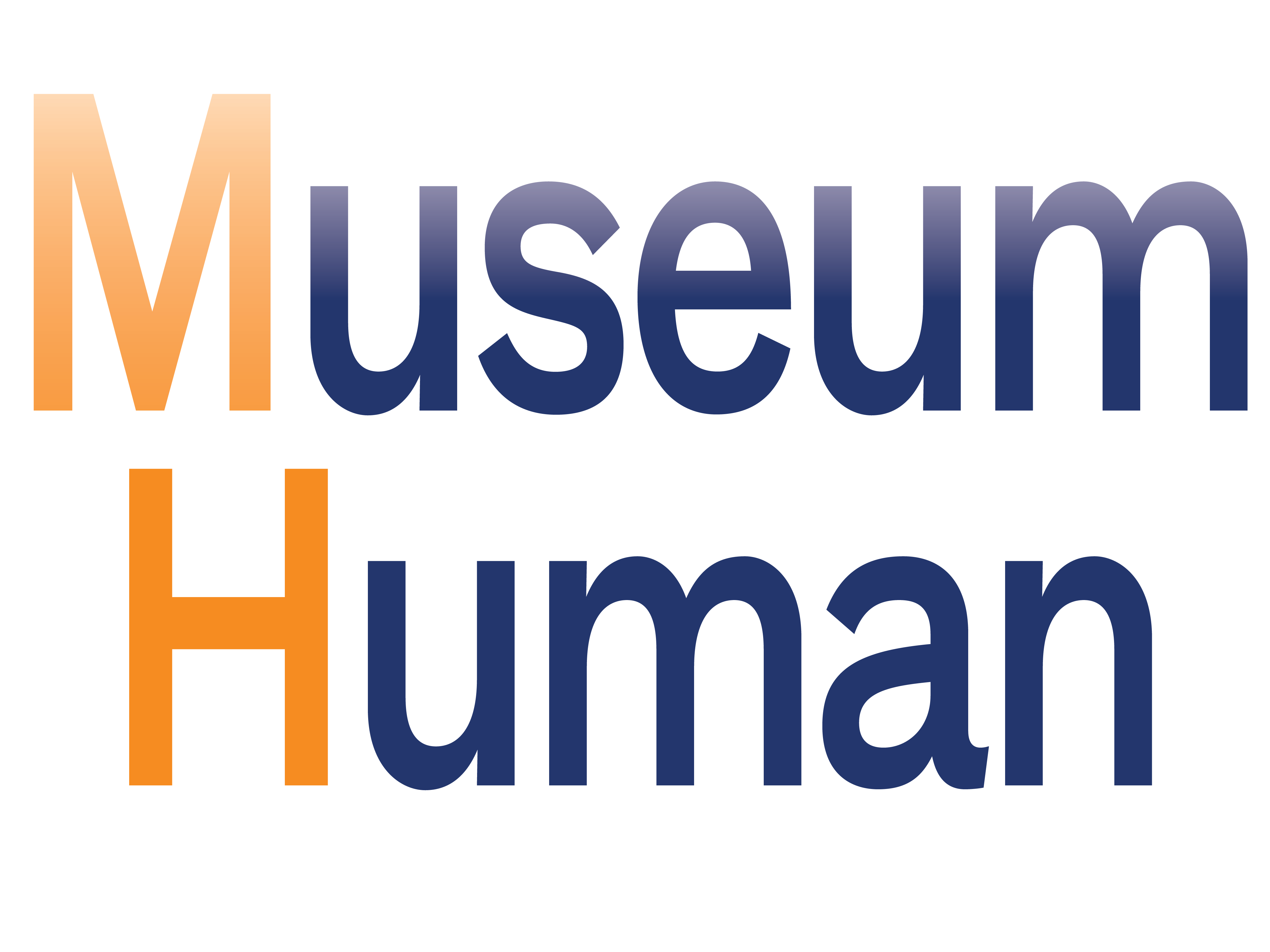Can a blog about museum workplaces have too much about work?
If you're reading this and not a subscriber to Museum Human, consider scrolling to the bottom and signing up now—it's free and is the only way to read the site's longer weekly post on the organizational culture of cultural organizations and to learn about upcoming subscriber-only events.
In any given week I've got (physical and digital) piles of books and articles on work. And yet, I'd like to think that this blog is about workers and developing an organizational culture that supports them, both by addressing workers and the structures in our institutions.
Before we get to the links, I'll just note this: you won't find me getting all upset about the possible purchase of Twitter by a particular titan. I posted over a year ago about how I don't tweet that much beyond semi-automated tweets about my posts. I read Twitter a lot because I have so many museum peeps on the platform, so it's a kind of short-form sector-reading for me, but I don't find posting a terribly rewarding experience. How many of you, dear readers, are considering dumping Twitter?
At any rate, hero-worship capitalism is as hero-worship capitalism does, so the idea that social media is going to change because this figure has bought it is simultaneously obvious and naive. It has gotten me to push on getting Museum Human's Discord long-planned sangha worked out and moving forward, and to stop being introvertedly frightened of getting a community going.
More on that soon. Enjoy the links and have a great weekend.
One: Someone wrote on Medium that media outlets such as the New York Times Magazine shouldn't take claims about tech like AI at face value. I'm increasingly finding business-press writing presenting AI and machine learning as the solution to various organizational problems, such as managers not knowing what their teams are really working on or creating better-targeted professional development courses.
Two: The next five links are from a Vox series finding purpose in work. It's interesting the mileage that outlets get from this topic (HBR had a recent series here), though Vox does a nice job of being honest about how many people don't have—or want—these kinds of discussions. The first article sets the stage.
Three: Of course, Vox has to get into whether Gen Z is anti-work or not.
Four: In this piece, Vox correctly asks how much we're to blame for our demand/expectation of having cheap stuff delivered to us all the time. (I've noticed that fewer people bring up how the real cost of stuff is baked into the increasing rate of inflation.) We should ask, what might the cost of Amazon unionization be to getting cheap stuff all the time? What could this mean for other fields whose scarcity of livable work leads to our sense of abundance?
Five: Vox next examines the caregiving sector and the unsustainability of jobs that are required for so many other jobs to be sustainable. Seems to be a theme, society exploiting one group so that they can exploit another? I recently suggested that the need for caregiving leave only exemplifies how much workers just need more time off, in general (link #6 here).
Six: The Vox series ends by asking, does work have a future? Do they mean "toil"? "Careers"? "Good" work, whatever that is? I'll answer no unless workers have more of a say in organizational decision-making.
Seven: McKinsey wrote how good hybrid/remote work policies align with the goals of DEIA. Well, duh.
Eight: This article from the Atlantic is interesting—and also deeply unsetting. Could workcations be practice for digital-nomad/distant-remote work? Some workers (usually influential) in organizations can benefit from workcations, but will institutions derive most of the benefit?
Nine: From great museum-sector peeps Alli Hartley-Kong, Rachel Ropeik, and Mimosa Shah, you must read this heartbreaking yet inspiring piece about all the museum education jobs vaporized during the pandemic.
Ten: Finally, this Harvard Business Review article is about managers, but workers (after all, managers are workers to the leaders above them) should also look at the organizational and team implications of how we design our organizations. Managers should be elevating and developing their reports by providing them with agency and autonomy.
Bonus: This week's thought-provoking museum-field Tweet with lots of responses is on the subject of the worst museum work advice you ever got …
I do have something up my sleeve but I have to know: What is the worst advice that someone has given you about working in the museum field?
— Sierra Van Ryck deGroot (@sierra_vrd) April 25, 2022
Here was my slightly misstated response:
That you should never tell the truth or share anything with anyone outside of the immediate team.
— Museum Human (@robertjweisberg) April 26, 2022
I should have written that the advice I got, very soon after arriving, was to never tell the truth to anyone outside of the immediate team. This is all-too-common guidance in a siloed and mistrustful field like museums!
I hope these links about work provide a respite from work. (Ha!)
Liberation
I'm wondering if I need to liberate myself from business press reading on work, even if just for a little while. Maybe if I put it down and pick it up in a month the conversation will have completely changed?
It's important to question our information-gathering sources and habits—something that many of us are doing now if we're considering dropping Twitter. Try books or articles on other topics—chances are, your mind will find oblique connections to what's been on your information menu.
If you're reading this and not a subscriber to Museum Human, consider signing up for a free subscription below—it's the only way to read the site's longer weekly post on the organizational culture of cultural organizations and to learn about upcoming subscriber-only events and communities. Thank you for reading!
cover photo by Merakist / Unsplash [description: patterned 3-D letters spelling out the word "work"]

Links of the Week: April 29, 2022: Work That Work Media by Robert J Weisberg is licensed under a Creative Commons Attribution-NonCommercial-ShareAlike 4.0 International License.







